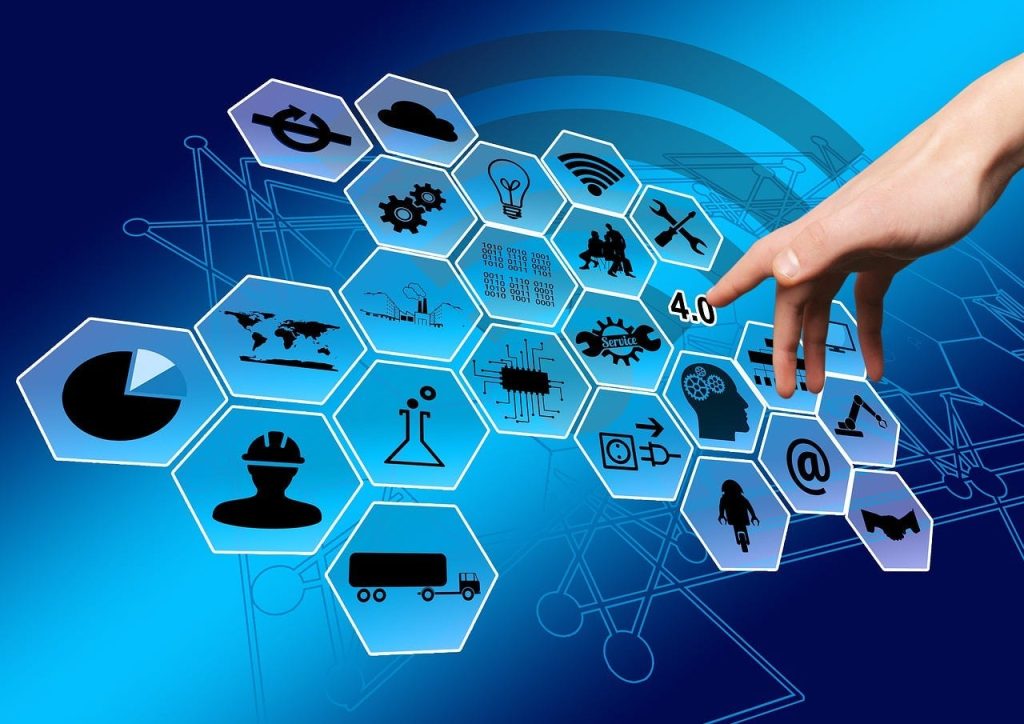In the 21st century, technology has become an integral part of our daily lives, shaping the way we work, communicate, and navigate the world. From groundbreaking innovations to everyday conveniences, the digital landscape continues to evolve at an unprecedented pace. This article explores the multifaceted impact of technology, from its transformative influence on industries to its implications for society at large.
- Innovation as the Driving Force:
At the heart of the technological revolution is innovation. From artificial intelligence and machine learning to biotechnology and renewable energy, breakthroughs in technology continue to redefine the possibilities. Businesses and individuals alike are challenged to stay at the forefront of innovation to remain competitive and relevant in a rapidly changing world.
- Connectivity Redefined:
The advent of the internet has transformed the way we connect with one another. Social media, instant messaging, and video conferencing have made communication instantaneous and borderless. The world is now more interconnected than ever, fostering collaboration on a global scale and breaking down traditional barriers.
- Digital Transformation in Business:
Businesses are undergoing a profound digital transformation, leveraging technology to streamline operations, enhance efficiency, and unlock new avenues for growth. Cloud computing, big data analytics, and the Internet of Things (IoT) are among the technologies reshaping industries, enabling data-driven decision-making and innovative business models.
- The Rise of Artificial Intelligence:
Artificial Intelligence (AI) is revolutionizing industries by automating processes, predicting trends, and enhancing decision-making. From virtual assistants to sophisticated algorithms, AI is not only increasing efficiency but also challenging traditional notions of work and creativity.
- Tech and Healthcare: A Symbiotic Relationship:
Technology is playing a pivotal role in healthcare, from electronic health records to telemedicine. Innovations such as wearable devices and health apps empower individuals to take control of their well-being, while AI contributes to diagnostic accuracy and personalized treatment plans.
- Educational Technology:
The traditional classroom is undergoing a digital transformation with the integration of educational technology. Online learning platforms, virtual classrooms, and interactive educational tools are reshaping the way knowledge is acquired, making education more accessible and flexible.
- Cybersecurity Challenges:
With the increased reliance on technology comes the critical issue of cybersecurity. The interconnected nature of the digital world makes individuals and organizations vulnerable to cyber threats. As technology advances, so too must our efforts to secure sensitive information and protect digital assets.
- Ethical Considerations in Technology:
The ethical implications of technological advancements are gaining prominence. Discussions about privacy, data ownership, and the responsible use of emerging technologies are crucial as society grapples with the ethical considerations associated with the power and reach of modern technology.
Conclusion:
As we navigate the technological frontier, it is essential to recognize both the incredible opportunities and the challenges that accompany this digital age. From reshaping industries and fostering global connectivity to posing ethical dilemmas, technology is a force that demands thoughtful consideration and responsible stewardship. Embracing the digital landscape with a balance of innovation, ethical awareness, and a commitment to addressing societal challenges will pave the way for a future where technology enhances the human experience and contributes to the betterment of society as a whole.





